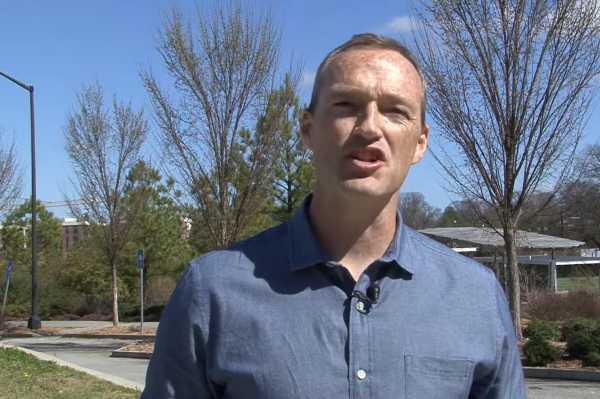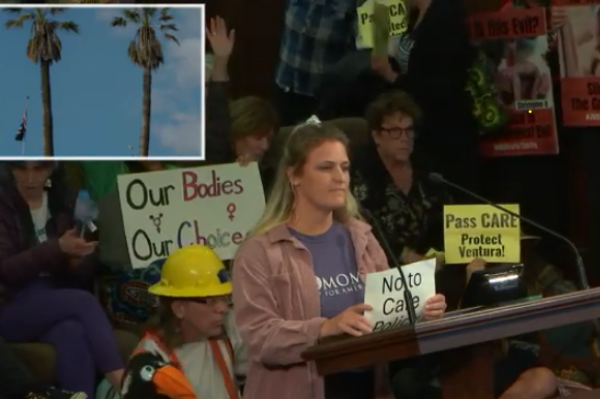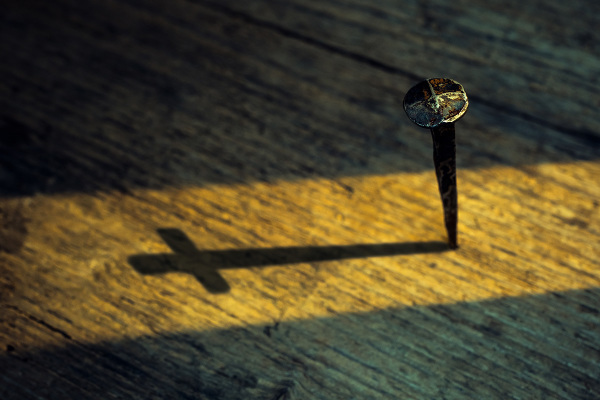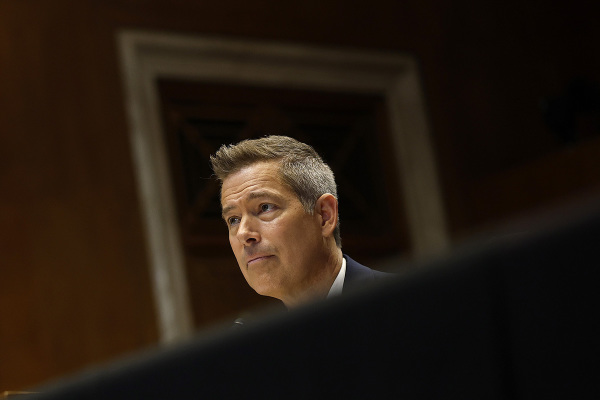The Christopher Hitchens I Knew
I met Christopher Hitchens when we participated in a public debate on the existence of God and the relevance of faith nearly three years ago. Hitchens was one of the best-known atheists in the world. Before his death last Thursday, I often wondered how I would respond if given another opportunity to engage him.
His brother had that chance. Peter Hitchens shared his older brother's atheism until returning several years ago to the faith they abandoned. In The Rage Against God: How Atheism Led Me To Faith, he describes eloquently this ideological journey. He makes some persuasive points in debating Christopher's anti-theism. And he portrays a détente with his estranged brother that grew into a genuine relationship – ironically, the result of their public debate three years ago.
My own experience with Christopher Hitchens was nothing like what I expected. Our debate was a panel discussion including Lee Strobel, William Lane Craig, and Douglas Wilson. It was not my first encounter with Hitchens. A year earlier, Tyndale published Wrestling With God, my defense of the reasonableness and relevance of Christian faith. Hitchens' bestseller, God is Not Great: How Religion Poisons Everything, formed the substance of a chapter and part of an appendix.
I found his published diatribe to be highly offensive, but not for the reasons he intended. He branded Augustine, widely considered one of the most brilliant men in history, a "self-centered fantasist and an earth-centered ignoramus." And he described C. S. Lewis's apologetic reasoning as "so pathetic as to defy description." I had never encountered such imperialistic egotism in print.
By contrast, his specific arguments against biblical faith were less informed than I expected. For instance, he claimed that "if Jesus was ever born, it wasn't until at least AD 4." Any first-year New Testament student can tell you that King Herod, the tyrant who sought to kill the newborn Christ, died in 4 BC, so Jesus' birth must have at least preceded that date. And he castigated Judaism, Christianity, and Islam for praising Abraham's sacrifice of Isaac; any student of world religions knows that Islam rejects this belief, arguing that Abraham offered Ishmael to God.
In preparation for our debate, I expected Hitchens to be as acerbic in person as he was in print. To be sure, he was vehement and vitriolic on stage. To my surprise, however, he was as gracious off the platform as he was caustic on it. He was personable in meeting each of us, and was especially glad to see Dr. Wilson, with whom he had engaged in extended debates in the past. He took time after the two-hour debate to speak with any in the crowd who wished to meet him. It seemed to me that his sarcastic vitriol had become more his on-stage persona than his genuine personality.
I suspect his brother would agree. The younger Hitchens states persuasively his intellectual objections to Christopher's anti-theism. But then he describes their personal relationship in terms that reveal a different side to this caustic crusader against religion.
Peter's apologetic response to his brother hinges on this statement: "As he has become more certain about the non-existence of God, I have become more certain that we cannot know such a thing in the way we know anything else, and so must choose whether to believe or not. I think it is better by far to believe." After describing his passage from faith to atheism and back to faith, he defends his commitment to Christ with two arguments.
The first: atheist regimes around the world demonstrate the inevitable result of rejecting God and furnish a compelling reason to choose faith. Peter Hitchens lived in Moscow during the final years of the Soviet Union, where he witnessed firsthand its brutality and corruption. He describes at length the decadence and oppression of the anti-theist North Korean regime, much in the news with Sunday's death of Kim Jung-il. And he remains "baffled and frustrated by the strange insistence of my anti-theist brother that the cruelty of Communist anti-theist regimes does not reflect badly on his case and on his cause. It unquestionably does."
Hitchens then warns that the anti-theist trajectory of his British homeland [and American society, I would add] bodes ill for her future: "In the names of reason, science, and liberty they had proved, rather effectively, that good societies need God to survive and that when you have murdered him, starved him, silenced him, denied him to the children, and erased his festivals and his memory, you have a gap that cannot indefinitely be filled by any human, nor anything made by human hands. Must we discover this all over again? I fear so."
His second argument centers in our inability to choose right and wrong without God. Hitchens argues that "to be effectively absolute, a moral code needs to be beyond human power to alter."
We can base our laws on unchanging edicts found in higher authority such as Scripture, or we can pledge allegiance to human laws based on accountability to God ("so help me God"). If we refuse to do either, we build a society on laws that can be changed by the whims of the people or their leaders: "For a moral code to be effective, the code must be attributed to, and vested in, a non-human source. It must be beyond the power of humanity to change it to suit itself."
From the philosophical to the personal – how did the two brothers, so vehemently at odds with each other for years, rebuild their relationship? Surprisingly, Christopher took the initiative. The Hitchens were scheduled to debate religion in Grand Rapids, Mich., on April 3, 2008. Prior to the event, Christopher invited Peter to his home in Washington, D.C., where he shocked his younger brother by cooking dinner for him. They found themselves closer than they had been in many years. Then, on the evening of their debate, they resolved that their public and private war was over, and that they would live as brothers. And so they did.
I prayed often for Christopher, especially after learning that he had esophageal cancer, and mourn his passing. Did he, like fellow atheist Antony Flew, change his mind at the end of his life? I've found no reports that indicate such happy news. But his evolving acceptance of his believing brother and personal warmth toward those of us who debated him nearly three years ago gives me some cause for hope.
To the end of Christopher's life, Peter held out hope that his brother would one day see that belief in God is the more reasoned choice and so return to the faith they both abandoned. Then it would be true for one of the world's most famous atheists, "as I have long hoped it would be, that 'the end of all our exploring will be to arrive where we started and know the place for the first time.'"






















